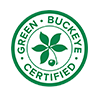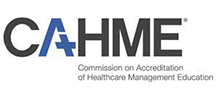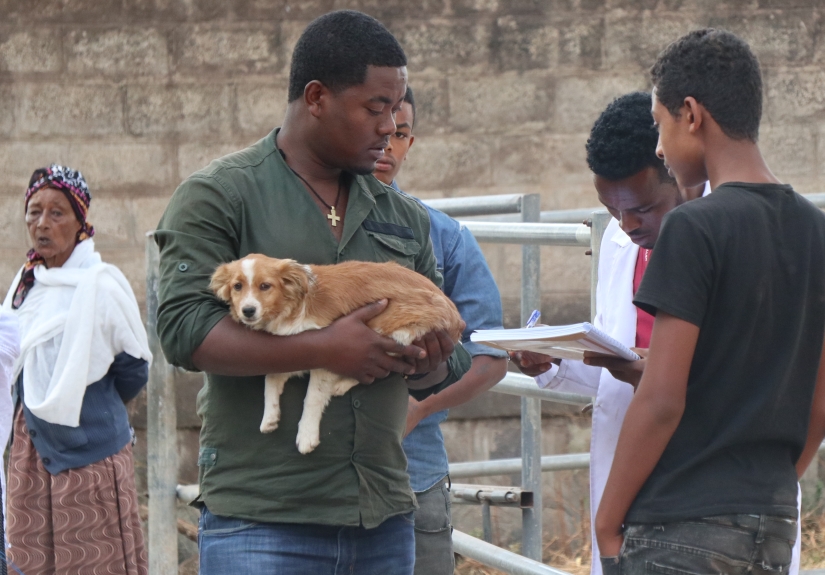
A mass rabies vaccination training in Addis Ababa, January 2018. (Photo credit: Maria Belu)
The relationship between regional development and public health can be a rocky one. On the one hand, economic growth offers more opportunity for prosperity, which can lead to better health care and longer life expectancy. On the other hand, growth and development put greater strain on the environment and introduce new health challenges to regions that may not be prepared to handle them. That’s where The Ohio State University’s Global One Health initiative (GOHi) comes in.
GOHi connects experts from Ohio State’s seven health sciences colleges and six other Ohio State colleges with professionals in countries such as Thailand, Ethiopia, Kenya, Brazil, India, Tanzania, Mexico and China. It centers on an approach called “One Health” that promotes interdisciplinary work to prevent the spread of disease and improve health with the belief that the health of humans, animals, plants and the environment intersect.
Michael Bisesi, PhD, a co-lead for GOHi and the senior associate dean of academic affairs at the College of Public Health, was invited in 2009 by Wondwossen Gebreyes, DVM, PhD, founder and executive director of GOHi, to collaborate on a proposal for a five-year grant from the National Institutes of Health focused on food security in regions of East Africa. Today, the grant has been renewed and expanded into a multidisciplinary initiative that plans global projects, trains graduate students and working professionals in other countries through workshops, offers online continuing education courses and modules, and interacts with various government officials and international agencies.
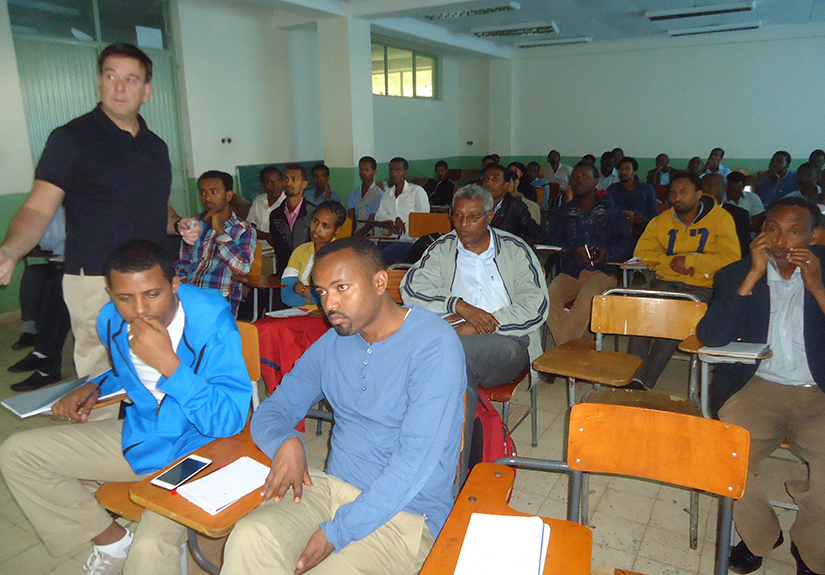
Michael Bisesi, PhD, left, a co-lead for GOHi and the senior associate dean of academic affairs at the College of Public Health, gives a presentation in Ethiopia in 2013. (Photo credit: Rick Harrison)
Bisesi guides GOHi in several ways: He serves as a co-lead on the GOHi executive committee, engaging in strategic planning and implementation of applicable initiatives; and he participates in grant proposal development and related activities focused on capacity building via training and research. Major efforts involve partners in East African countries.
“We’re sharing our knowledge and skills with them, but for us to apply it to that setting we have to learn more about their culture, geography, demographics and the epidemiology,” Bisesi says. “We learn about their country and they learn about ours. What we share with them is that we go there as a source of expertise to be complementary with their expertise.”
As East African countries and cities advance, GOHi’s team at Ohio State and in East Africa work to find new ways to prevent or reduce environmental impacts.
“They’re building more universities, increasing transportation sources and increasing manufacturing and agricultural sources,” Bisesi says. “From a health exposure standpoint, there’s no longer just infectious agents and infectious diseases. Concerns have expanded to include toxic chemical agents and exposures and related non-infectious diseases. As they’re building infrastructure and rapidly developing, it’s putting an increased demand on the environment.”
In partnership with government entities, GOHi plans new ways to help the region advance with less harm. Electric bikes and subsidized electrical trains reduce fuel strain on the environment and decrease fuel use in Addis Ababa, Ethiopia, specifically, according to Getnet Yimer, MD, PhD, GOHi’s East Africa regional director. The trains reduce financial strain on residents as well.
“It’s helping people a lot. Since it’s subsidized, it doesn’t even cover its own costs,” Yimer says. “Another train runs between Addis Ababa and the Port of Djibouti. That train recently started functioning and it also uses electricity to run.”
As East Africa further develops, the possibility of health emergencies will likely continue to increase. Yimer oversees projects to combat these new diseases first hand, some of the most concerning being brucellosis, rabies and anthrax.
“We have research projects in rural areas where people are at risk. One year, we did mass vaccinations on rabies. Another year, Ohio State graduate students came here and got involved with mass vaccinations of dogs,” Yimer says. “We vaccinated more than 8,000 dogs in Addis Ababa alone in six weeks. That had a great impact.”
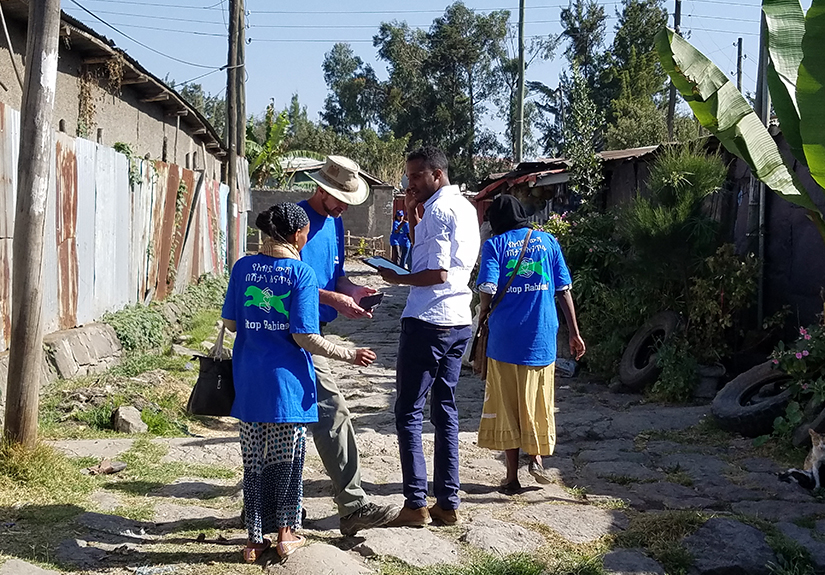
A mass rabies vaccination campaign in Ethiopia in 2017. (Photo credit: Maria Belu)
GOHi has grown from its early days, but securing funding while working across multiple regions, for multiple causes, while based in the United States can be a challenge for many health professionals. Yet as the primary representative from the College of Public Health, Bisesi has remained a stronghold in GOHi’s impact in East Africa and beyond.
“Public health, including environmental public health, is really the core to every health component,” says Bisesi, who is also a professor and interim chair of the Division of Environmental Health Sciences at the college. “The foundational area of public health links with every initiative that we have.”




